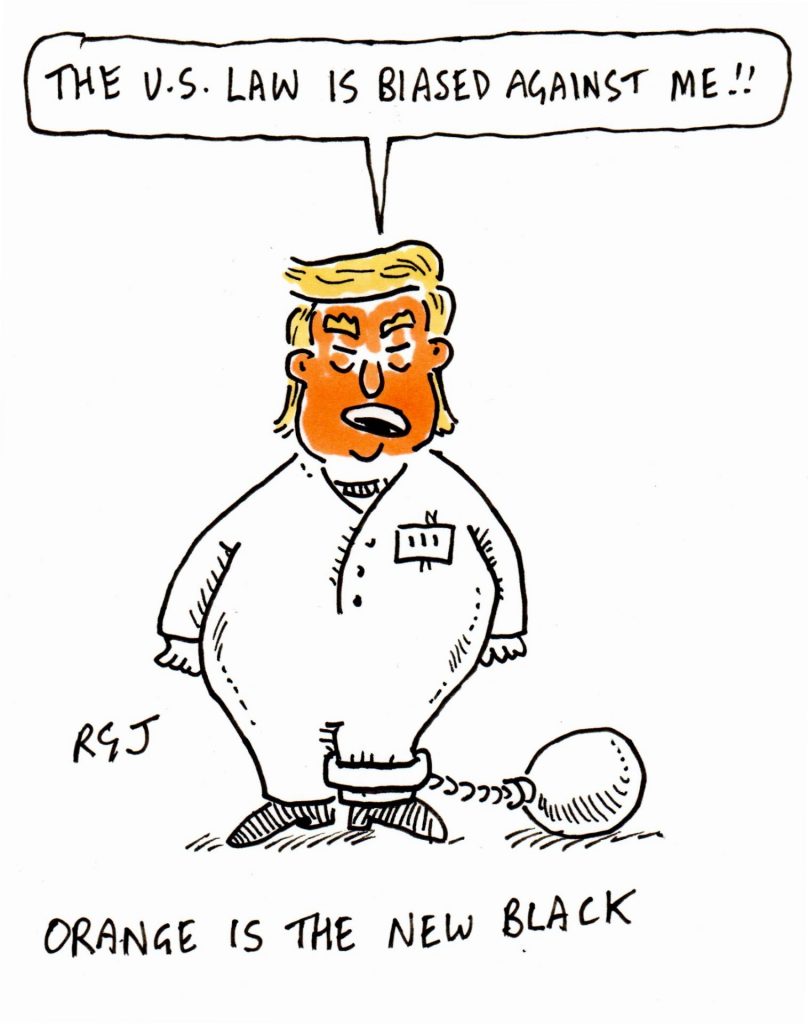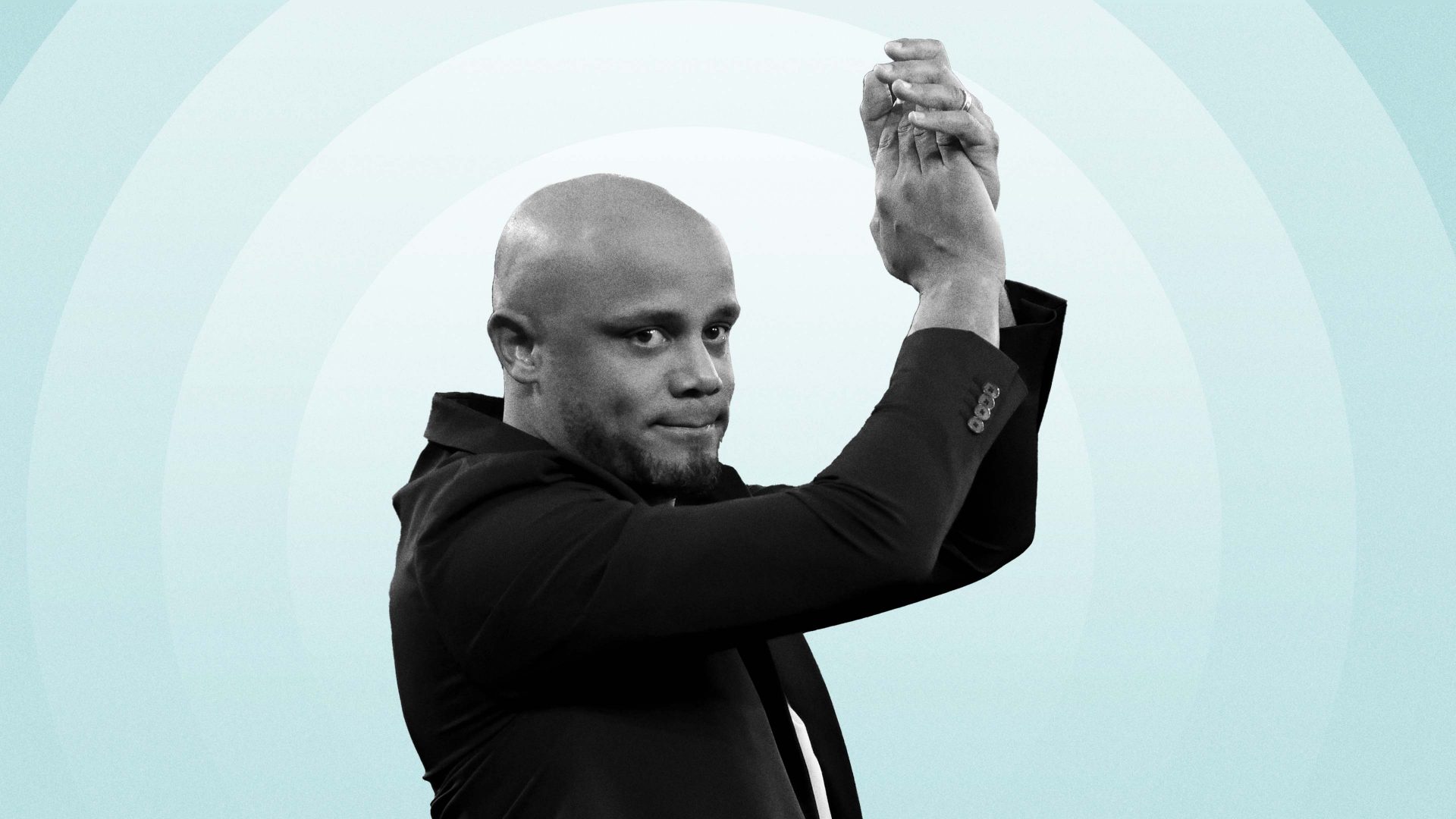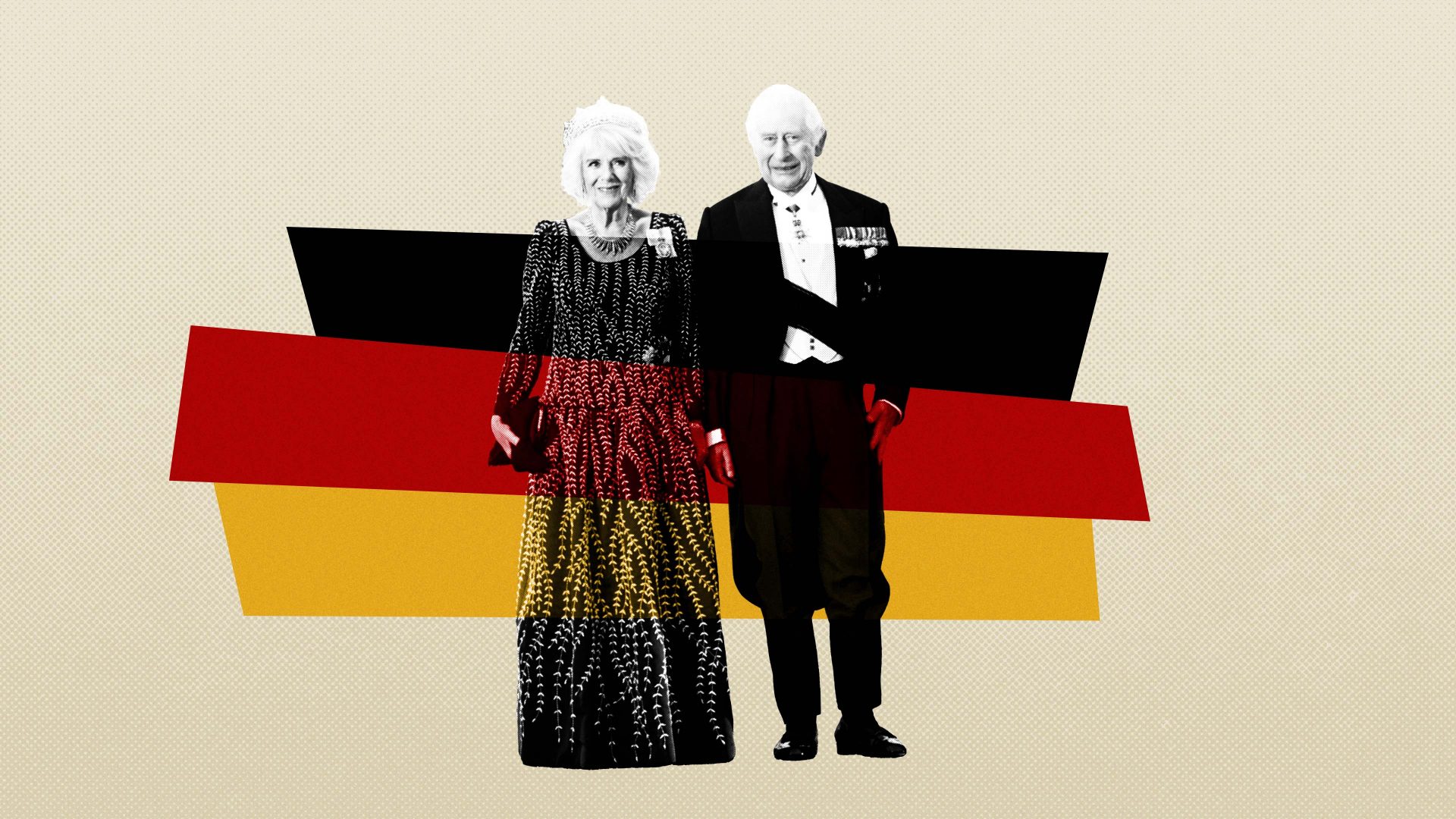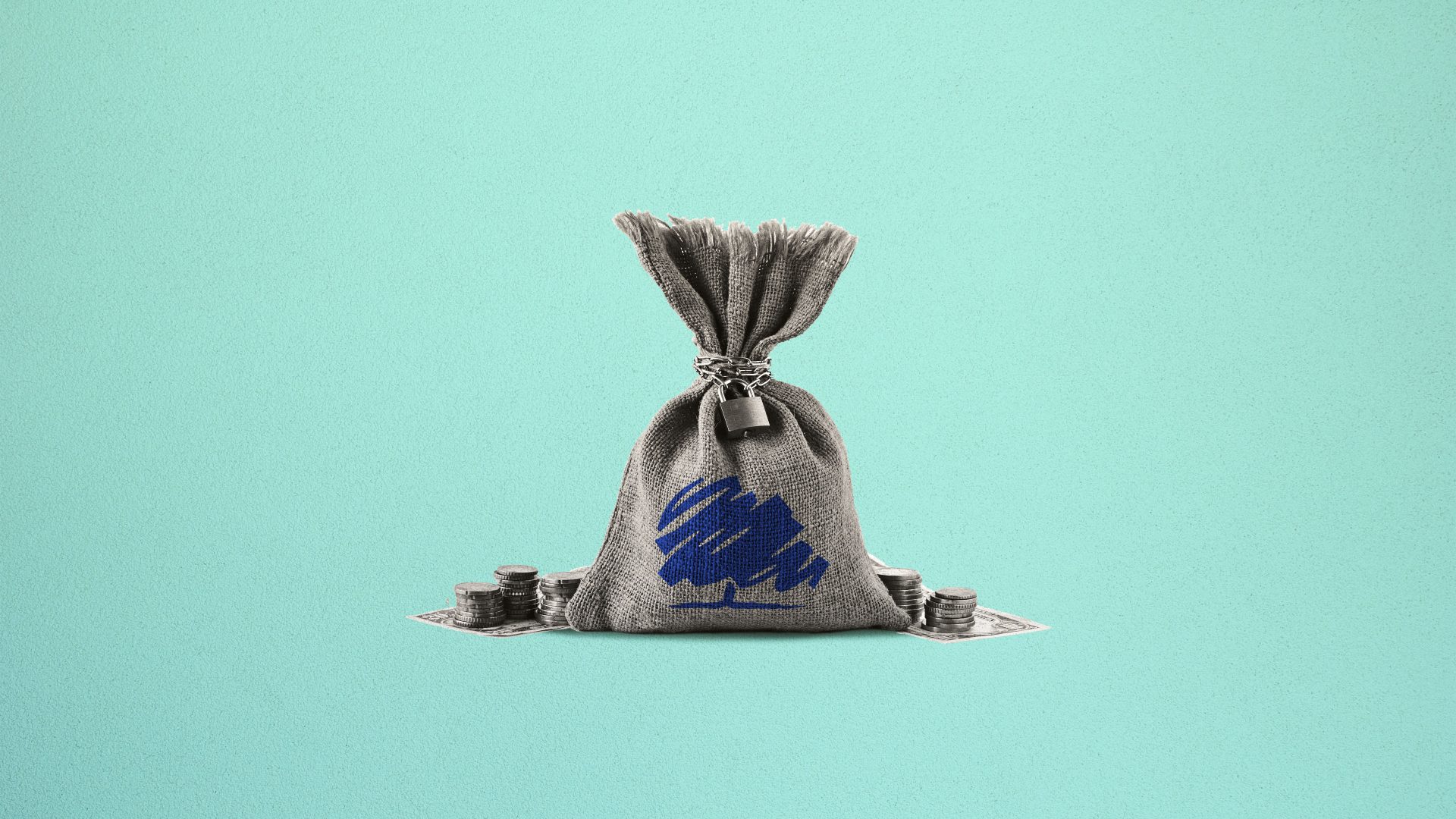It would be remiss, even at the risk of pushing away the non-football fans among you, if I failed to report on Burnley’s joyous promotion back to the Premier League. But fear not, in my little world, everything is political, so this will not be a column on the merits of playing out from the back or inverted wingbacks, despite both being contributory factors in Burnley’s remarkable season.
The political story I want to tell you relates to the father of our victorious manager, Vincent Kompany, who has secured promotion two years ahead of the schedule he mapped out on joining us last year.
Pierre Kompany, now 75, is one of those people – or “boats”, as the home secretary, Suella Braverman, is prone to describe them – known as a refugee. The country he fled, in 1975, was Mobutu Sese Seko’s Zaire, now the Democratic Republic of the Congo, which, when I spoke to him recently, Kompany junior described as “one of the most brutal, most murderous regimes anywhere in the world.”
His dad was a student activist at a time when being a student activist was a dangerous thing to be. A good amateur footballer, he got a doctor friend to sign a paper saying he needed an operation that would require him to go to Belgium. He went off for the operation that never happened, never looked back, never went back.
It took him seven years to get his papers, after which he worked as a taxi driver to fund his own studies, got an engineering degree, and later became a councillor, an MP, and eventually Belgium’s first elected black mayor.
His wife, Joseline Fraselle, who was white, was a trade union official who helped young men and women find work, and her son remembers her telling him and his two brothers, armed with the stats on youth unemployment: “You boys are going to have to work a lot harder than white boys.”
Belgium has a troubled record on the race relations front, and Kompany admits that although things are much improved there, his adopted country of England has “done a better job on integration” than the country where he was born, and whose national side he captained.
Here is why sport can be such a great force for change. When he was a child, he told me, the black kids where he was growing up would have absolutely no interest in supporting the national side. But as he and other black players helped to turn Belgium into a powerful global football force, and act as role models, that changed.
Burnley, too, has had its fair share of race issues, and was one of the places scarred by race riots in 2001, for me personally a real low point during the New Labour years. So one of the many reasons why I was so happy as the players and staff raced to the away end at Middlesbrough last Friday after the final whistle went and we knew we were up, was that the squad is led by a black Belgian manager with a Welsh no 2, our top scorer is a young black Londoner of Nigerian descent, and throughout the squad, in addition to an English nucleus, we have players from Wales, Ireland (both the North and the Republic), Iceland, Kosovo, Holland, Germany, Sweden, Brazil, Morocco, South Africa, North Macedonia, plus a Dutch-born Turk, an Iraqi-born Belgian, and a Belgian-born player who represents the Democratic Republic of the Congo (talk about wheels in wheels turning full circle).
There is a part of me that laments the internationalisation of English football, not least the extent to which the big clubs have become extensions of the geopolitical struggles of the Middle East. But when I see what internationalisation has done for Burnley FC, and think of the incredible buzz in that away end last Friday, and indeed all season, I can see and feel the upsides, too.
And, as Kompany celebrated with his family, their story was just one more of many on the progress that refugees have so often helped to deliver for their adopted countries. Kompany senior achieved great things for politics in Belgium. His son has achieved great things for football in Burnley, which to some of us is even more important.

I am looking forward to a few days in Belfast, to take part in the series of events organised by Queen’s University to reflect on the Good Friday Agreement 25 years ago. It really doesn’t feel that long ago, but I can’t help reflecting that by the time another 25 years is up, I will be 90, which does feel kind of old.
There will be three days of speeches, panels, debates and ceremonies, but ahead of that, Sunday will see a dinner at Hillsborough Castle to remember Mo Mowlam, Northern Ireland secretary at the time of the agreement. In addition to friends and family, those paying tribute will include both Bill and Hillary Clinton, and Tony Blair, which gives some indication of the esteem and affection in which Mo is held.
Sadly, she is not the only one who was closely involved at the time, and who has since died. The two men whose contribution led them to receive the Nobel Peace Prize, David Trimble and John Hume, are both gone. John’s deputy, Seamus Mallon, likewise.
Martin McGuinness, without whom the IRA would never have accepted the peaceful path he was eventually determined to tread, is no longer with us. Nor is Ian Paisley senior. Paisley spent most of the time the agreement was being reached shouting his opposition from the outside, but his eventually becoming first minister with McGuinness as deputy FM, the combination known as “the Chuckle Brothers”, was one of those moments requiring that wonderful Nelson Mandela quote: “Everything is impossible, until you make it happen.”
On day one there will be an In Memoriam to reflect on the contribution of all of the above, plus David Ervine, jailed Ulster Volunteer Force bomb-maker turned deliverer of Loyalist ceasefire and leading Loyalist politician. He died horribly young less than a decade after helping, to quote US senator George Mitchell, “lead Loyalism out of the dark ages”. Mitchell will be in Belfast to see his bust unveiled, and to be thanked once more for his infinite patience and wisdom in the role he played chairing the talks. And when I look at him, maybe 90 – the age he will reach in August – doesn’t seem so old after all.
I wonder if it is because I bang on so much about football and my pop music tastes that I seem to attract so many “what on earth is he doing here?”-type looks whenever Fiona takes me along to the opera. As it happens, the reason I was there to see Turandot last week was because the world’s leading soprano, Ermonela Jaho, is a friend of mine. So the child inside me was rather pleased that during the interval, one of the “what is he doing here?” types was ear-wigging as a Royal Opera House official came to inform me that Ermonela would like me to go backstage at the end. “Perks of the trade,” I winked at the man with the pinkie ring and orange trousers, the kind you never see in shops.
PS: Suella, Ermonela is one of those Albanians you so love to demonise. Coming over here, brightening up our lives… What do you reckon? Rwanda? Floating prison? Army camp?
Sticking with culture, a shout-out for actor Daniel Rigby and his mesmerising performance in the now-ended Accidental Death of an Anarchist at the Lyric in Hammersmith. I don’t know how the decisions to transfer to the West End are made, but if this one doesn’t, it will be a travesty.




